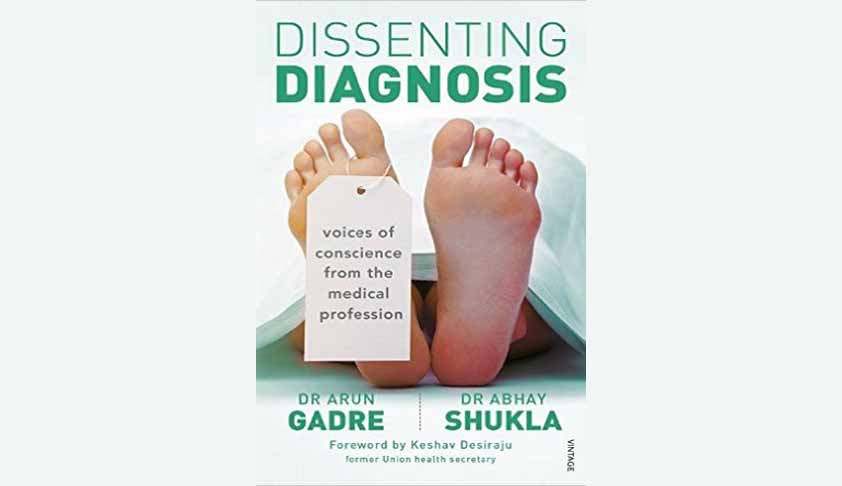Do you trust your doctor? Should you? Reality check on private medical practice in India
Abha Thapalyal Gandhi
11 Aug 2016 2:39 PM IST

Next Story
11 Aug 2016 2:39 PM IST
The time to ask ourselves this scary question has arrived. Recently a riveting book came into my hands. It presents what you might call a 'reality check' on private medical practice in India. (Dissenting Diagnosis: Voices of Conscience from the Medical Profession by Drs Arun Gadre and Abhay Shukla, based on a study by SAATHI, Pune. To put it plainly, its findings are not reassuring.Many of...
